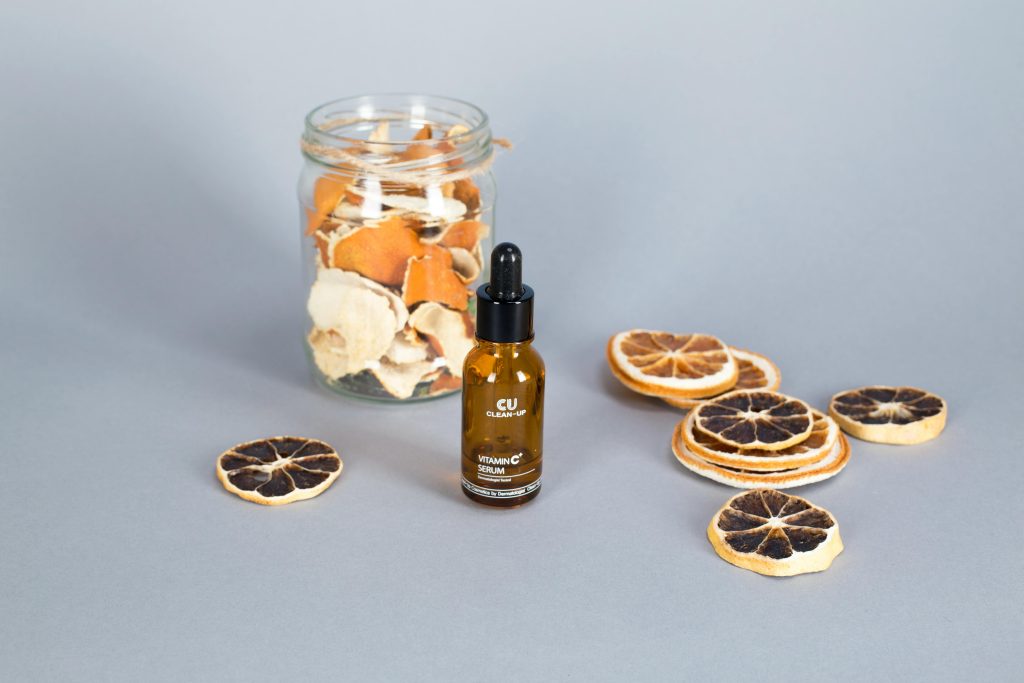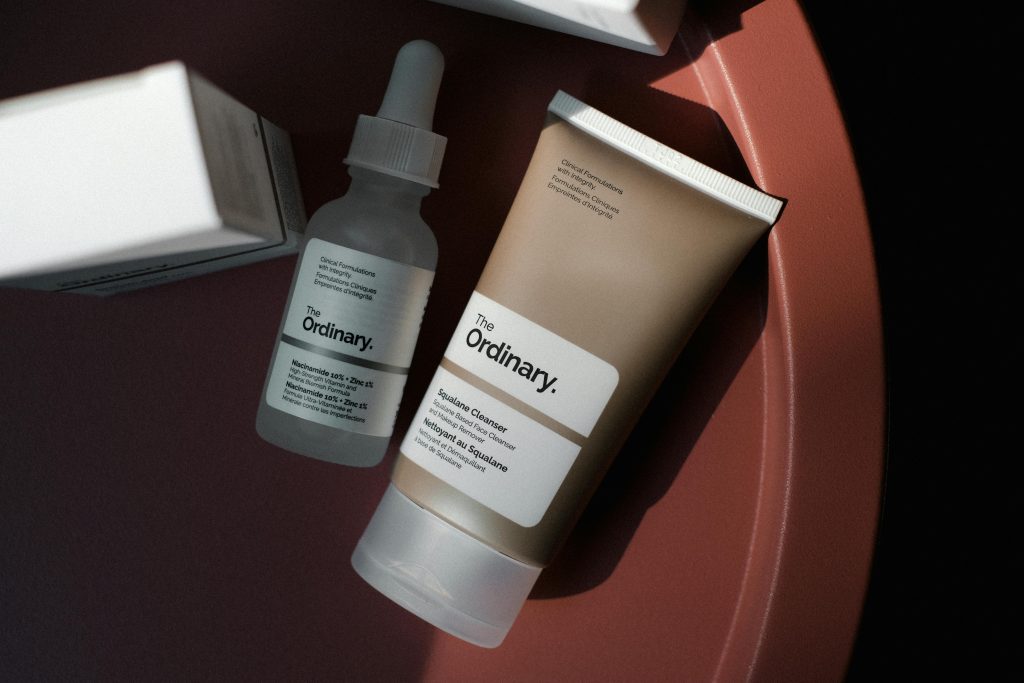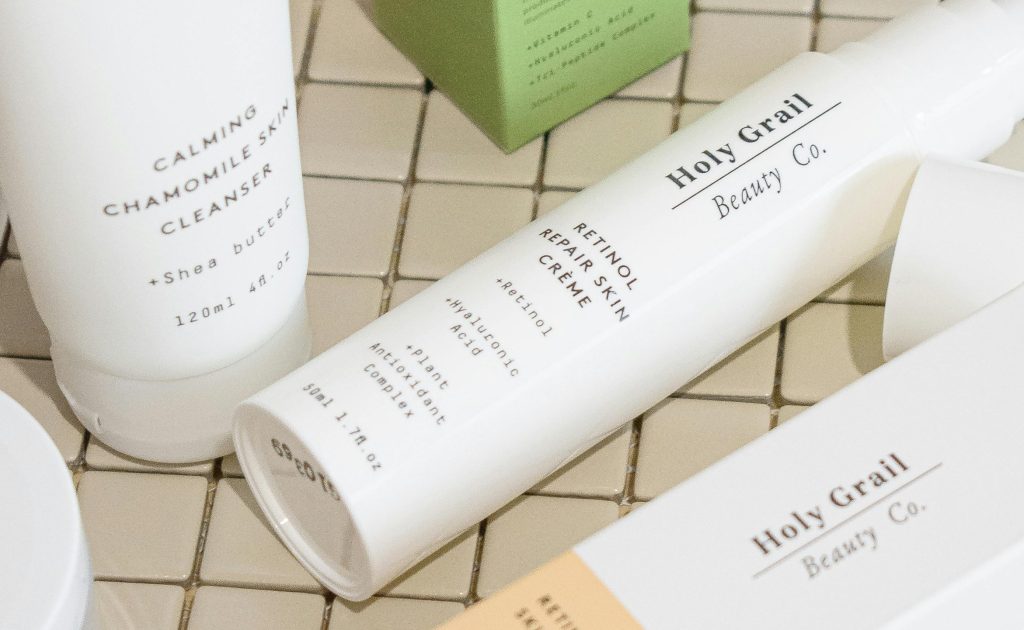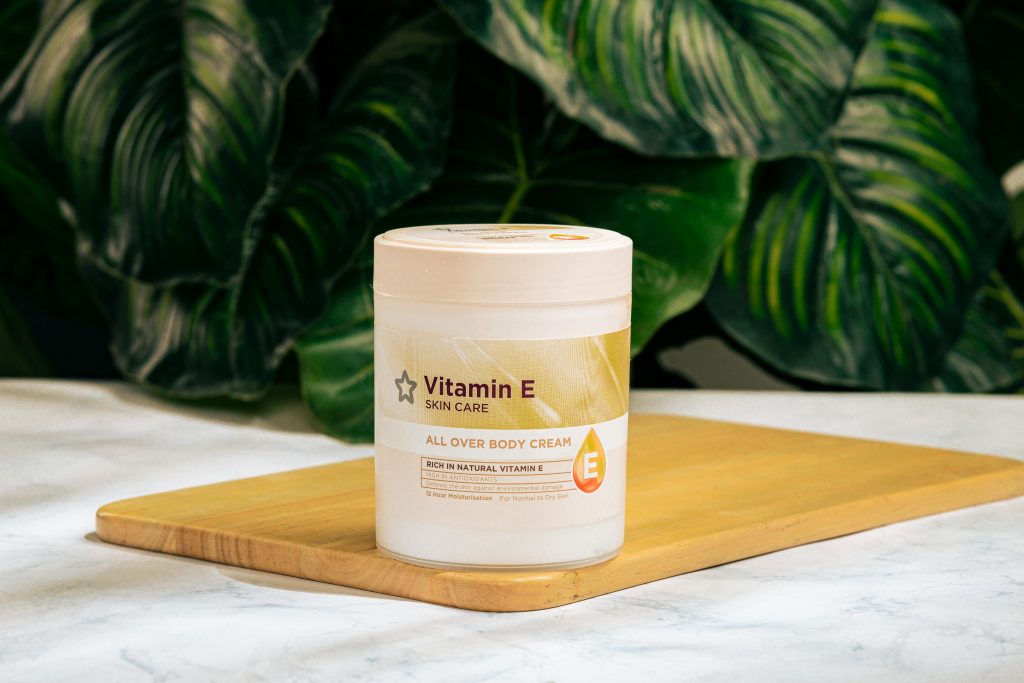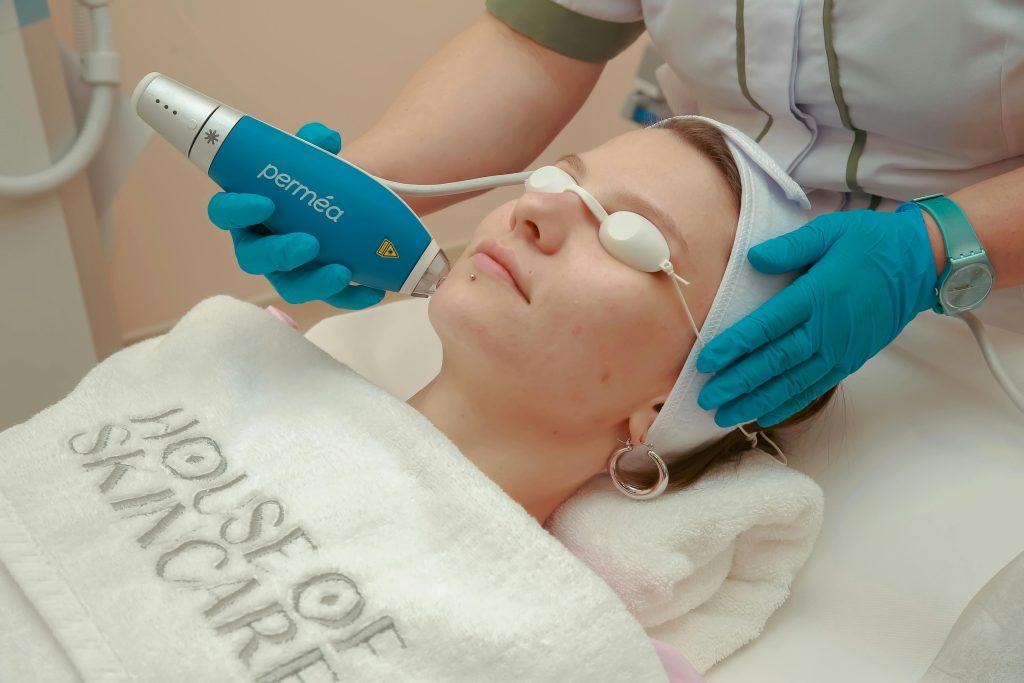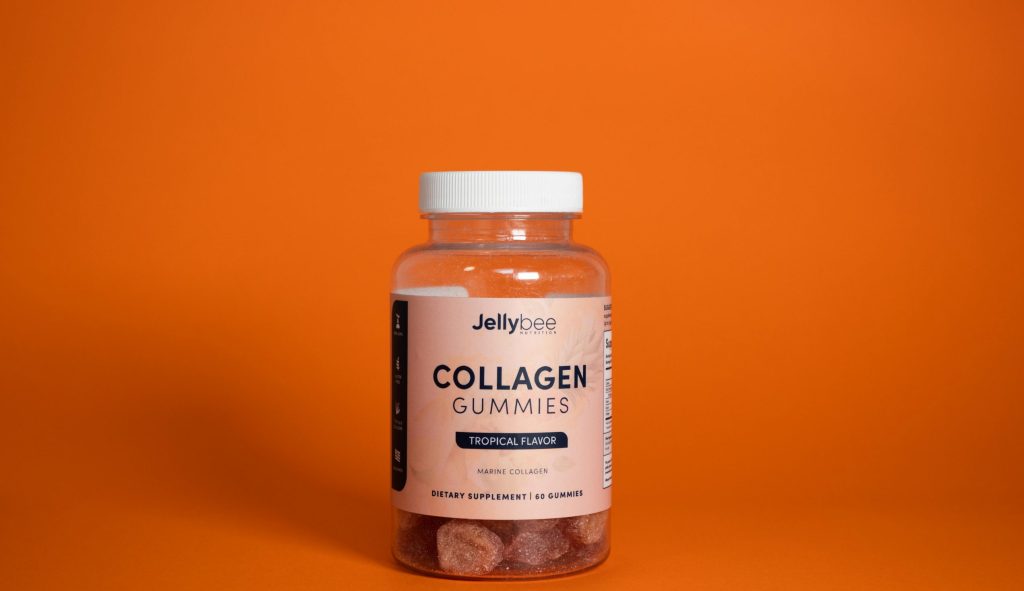
Do Collagen Supplements Actually Work? An Evidence-Based Guide
Collagen supplements have become a popular addition to beauty and wellness routines, promising benefits like improved skin elasticity, reduced joint pain, and stronger hair and nails.
But do collagen supplements actually work? In this guide, we’ll explore the science behind collagen supplements, their potential benefits, and whether they live up to the hype.
What Are Collagen Supplements?
Collagen is a protein that makes up around 30% of the body’s total protein content. It is essential for maintaining the structure of skin, hair, nails, bones, and connective tissues.
As we age, collagen production decreases, leading to wrinkles, sagging skin, and joint issues.
Collagen supplements typically come in:
🔹 Powder form: Easily mixed into drinks or smoothies.
🔹 Capsules: Convenient and pre-measured.
🔹 Liquid form: Easily absorbed and consumed.
🔹 Gummies: Tasty but may contain added sugars.
The most common types of collagen used in supplements are:
🔹 Type I: Skin, tendons, bones.
🔹 Type II: Cartilage.
🔹 Type III: Skin, muscles, blood vessels.
🔹 Type IV and V: Various connective tissues.
Do Collagen Supplements Work? The Scientific Evidence
1. Collagen for Skin Health
One of the most touted benefits of collagen supplements is their ability to improve skin elasticity and reduce wrinkles.
What Research Says:
A 2019 study published in Nutrients found that taking hydrolyzed collagen for 12 weeks significantly improved skin hydration, elasticity, and smoothness.
Another review in the Journal of Drugs in Dermatology indicated that collagen peptides can increase skin collagen density and reduce fine lines.
Why It Works:
Collagen peptides are broken down into smaller amino acids that your body can absorb. These amino acids then stimulate the body’s natural collagen production.
Verdict:
Yes, collagen supplements can be beneficial for skin health, especially when taken consistently over a few months.
2. Collagen for Joint Health
Aging and physical activity can lead to the breakdown of cartilage, causing joint pain and stiffness. Collagen type II is often marketed for joint support.
What Research Says:
A study in the International Journal of Medical Sciences showed that athletes taking collagen supplements reported less joint pain compared to a placebo group.
Another study published by International Orthopaedics found that daily collagen intake reduced joint pain among individuals with osteoarthritis.
Why It Works:
Collagen may help repair cartilage and reduce inflammation, leading to improved joint function.
Verdict:
Collagen supplements can support joint health, particularly for active individuals or those with joint pain.
3. Collagen for Hair and Nails
Many people take collagen supplements to improve hair strength and reduce nail brittleness.
What Research Says:
Although limited, some studies suggest that collagen supplementation can increase hair thickness and reduce nail breakage.
Anecdotal evidence supports the claim that collagen improves overall hair health.
Why It Works:
Collagen provides essential amino acids that support keratin production, a key protein in hair and nails.
Verdict:
The evidence is not as strong as for skin and joint benefits, but many users report positive results.
4. Collagen for Bone Health
Since collagen makes up a large portion of bone structure, some believe that collagen supplements can aid in bone density maintenance.
What Research Says:
A study published in Nutrients found that collagen peptides helped increase bone mineral density in postmenopausal women.
Another study observed that collagen improved bone metabolism in elderly women with low bone density.
Why It Works:
Collagen stimulates the production of bone matrix proteins, which are crucial for maintaining bone strength.
Verdict:
Collagen supplements may support bone health, particularly in older adults.
How to Choose the Right Collagen Supplement
- Source:
💠 Marine Collagen: Derived from fish, beneficial for skin.
💠 Bovine Collagen: Sourced from cows, rich in types I and III.
💠 Chicken Collagen: Contains type II, good for joints.
- Form:
💠 Hydrolyzed Collagen: Broken down for easy absorption.
💠 Undenatured Collagen: Less processed, ideal for joint health.
- Additives:
🔶 Avoid products with artificial fillers or excessive sugar.
🔶 Look for third-party testing for quality assurance.
Potential Side Effects of Collagen Supplements
While generally safe, collagen supplements can cause:
🔶 Digestive issues: Bloating or gas in some users.
🔶 Allergic reactions: Particularly if derived from marine or bovine sources.
🔶 Bad aftertaste: Some powdered forms have an unappealing flavor.
FAQs: Do Collagen Supplements Actually Work?
- How long does it take to see results from collagen supplements?
Most studies indicate that it takes about 8 to 12 weeks of consistent use to notice improvements in skin or joint health.
- Can I take collagen supplements every day?
Yes, daily use is generally recommended to maintain results. Follow the dosage instructions on the product label.
- Are there any natural alternatives to collagen supplements?
Foods like bone broth, fish, and egg whites naturally contain collagen or promote collagen production.
- Do vegan collagen supplements work?
Vegan options usually contain ingredients that boost the body’s natural collagen production rather than collagen itself.
- Are collagen supplements suitable for all skin types?
Yes, collagen supplements are typically safe for all skin types, but it’s important to check for allergens.
Conclusion
Collagen supplements can work, especially when it comes to improving skin elasticity, reducing joint pain, and potentially supporting bone health.
However, results can vary based on factors like age, lifestyle, and the quality of the product used.
To maximize benefits, choose a high-quality supplement, follow recommended dosages, and maintain consistency.
Related Posts
References
- Bolke, L., Schlippe, G., Gerß, J., & Voss, W. (2019). A Collagen Supplement Improves Skin Hydration, Elasticity, Roughness, and Density: Results of a Randomized, Placebo-Controlled, Blind Study. Nutrients, 11(10), 2494. https://doi.org/10.3390/nu11102494
- Khatri, M., Naughton, R.J., Clifford, T. et al. The effects of collagen peptide supplementation on body composition, collagen synthesis, and recovery from joint injury and exercise: a systematic review. Amino Acids 53, 1493–1506 (2021). https://doi.org/10.1007/s00726-021-03072-x
- García-Coronado, J.M., Martínez-Olvera, L., Elizondo-Omaña, R.E. et al. Effect of collagen supplementation on osteoarthritis symptoms: a meta-analysis of randomized placebo-controlled trials. International Orthopaedics (SICOT) 43, 531–538 (2019). https://doi.org/10.1007/s00264-018-4211-5
- König D, Oesser S, Scharla S, Zdzieblik D, Gollhofer A. Specific Collagen Peptides Improve Bone Mineral Density and Bone Markers in Postmenopausal Women-A Randomized Controlled Study. Nutrients. 2018 Jan 16;10(1):97. doi: https://doi.org/10.3390/nu10010097 PMID: 29337906; PMCID: PMC5793325.
Kathy L. Anderson, DO FAOCD. Clinical Evidence of the Anti-Aging Effects of a Collagen Peptide Nutraceutical Drink on the Skin. Cosmetic and Medical Dermatology, Clearwater, FL Morton Plant Hospital, Clearwater, FL (2019). https://jddonline.com/articles/article-clinical-evidence-of-the-anti-aging-effects-of-a-collagen-peptide-nutraceutical-drink-on-the-S1545961620S0005X/?_page=4

